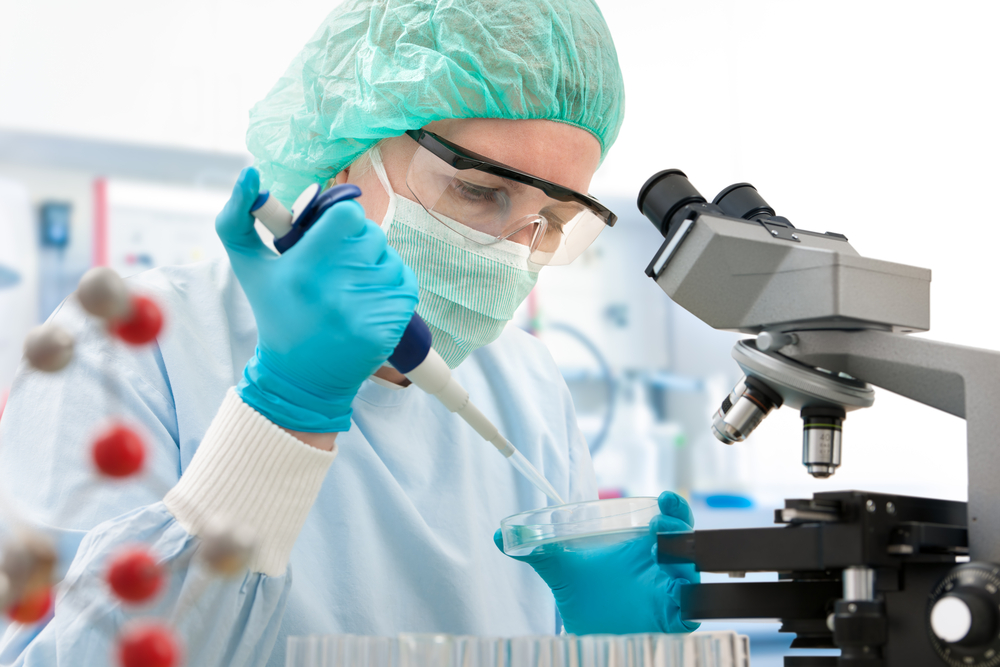Does Testosterone Replacement Therapy Really Work?
Testosterone therapy is used to boost testosterone in men with decreasing levels, but there is now evidence the prescription products do little to improve ejaculatory function, as claimed. There are also allegations against the manufacturers of these products claiming cardiovascular health problems were triggered by their use of synthetic testosterone products, and despite knowing of these risks, the manufacturers failed to issue any warning.
The most current information regarding the effectiveness of testosterone products was published in the Journal of Clinical Endocrinology & Metabolism in July 2015. The study showed men with symptoms of low testosterone related to aging and not medical conditions experienced no sexual function improvements as a result of using the drugs. Researchers admitted follow-up studies are needed to validate conclusions, but encouraged doctors treating patients for sexual disorders to look at potential causes other than testosterone levels.
The new information comes on the heels of a March 2015 Safety Announcement issued by the FDA regarding the use of testosterone replacement products. The agency cautioned that testosterone therapy be used only in cases where men lack or have low testosterone levels due to a medical condition. In the announcement, the FDA stated “… the benefit and safety of these medications have not been established for the treatment of low testosterone levels due to aging, even if a man’s symptoms seem related to low testosterone.”
An FDA Advisory Committee concluded in 2014 that testosterone use creates an increased risk for cardiovascular complications. The committee requested information be added to drug labels to make clear the approved uses of the product, as well as the potential risks.
Concerns Mount over Prescription Testosterone and Marketing Claims
There are many different prescription testosterone products available and most are marketed to treat a condition known as Low-T. Debate rages over whether or not the products do anything at all to help with Low-T (and some argue Low-T is not really a medical condition).
There is also another factor involved in the testosterone product discussion: direct-to-consumer marketing. Many drug manufacturers market directly to consumers, in addition to doctors, but few products have been as aggressive with this type of campaign as testosterone. Manufacturers promise youth, vitality, increased strength and sex drive, but mention the side effects only in passing, if at all.
One of the biggest concerns about testosterone products is the trick drug marketers use to reach a new audience. They “piggyback” claims about their product onto existing FDA approvals. This means a product is approved by the FDA for one use, but the drug is marketed as effective for treating three or four different issues.
For instance, in addition to treating a decrease in testosterone levels due to a medical disorder, testosterone products are marketed as effective for boosting naturally decreasing testosterone levels due to age and claiming to help with the general effects of aging overall. Many of the testosterone drugs on the market claim to “improve youth and vitality,” without ever stating specifically what that means.
If you have used a testosterone product and experienced negative side effects – or experienced nothing at all – you should speak to your doctor.
Notwithstanding claims relating to this product, the drug/medical device remains approved by the U.S. FDA.
News Tags
- urgent
Cited Research Article Sources
Have you been affected by a drug or device listed?

You May Be Eligible for Compensation.
If you or a loved one suffered injury or death after using a drug or medical device, contact us today for a free case evaluation.
We value your privacy. By submitting this form, you agree to our privacy policy and disclaimer.



